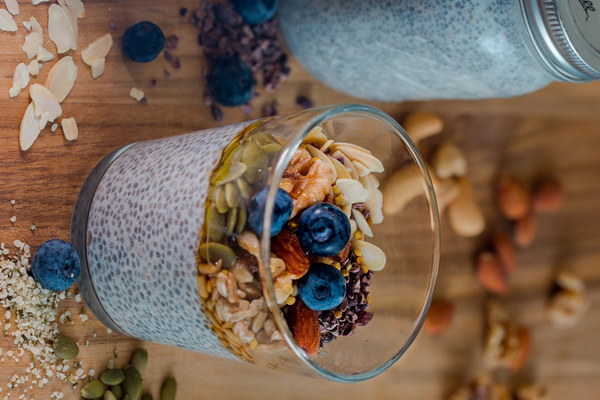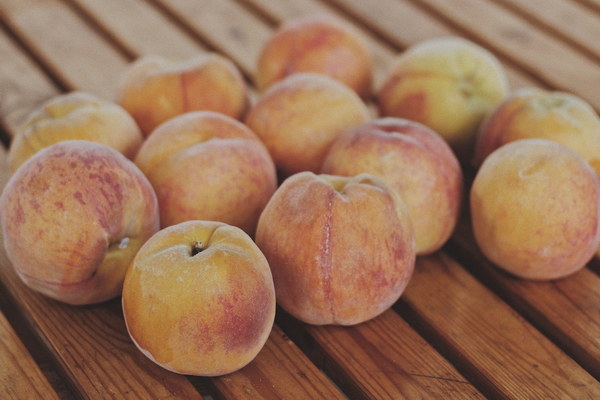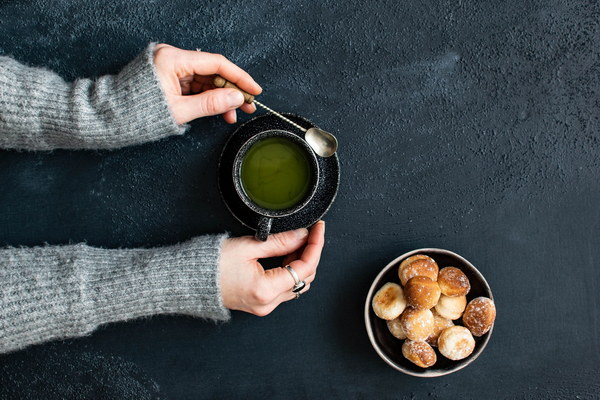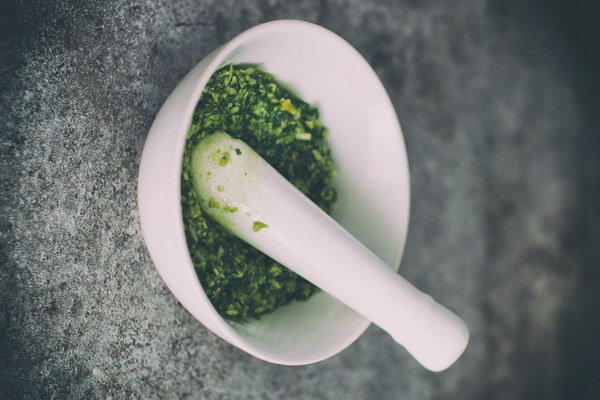Breath of Health Elderly Care through LungCleansing and LungNourishing Practices
As we age, our bodies undergo various changes, and one of the most critical systems that can be affected is our respiratory system. The lungs, in particular, require special attention as they can become more susceptible to various respiratory issues. This article delves into the concept of lung-cleansing and lung-nourishing practices tailored for the elderly, aiming to improve their overall respiratory health and quality of life.
Understanding Elderly Lung Health
The aging process can weaken the lungs' ability to filter out harmful particles and bacteria. This vulnerability can lead to conditions such as chronic bronchitis, emphysema, and pneumonia. It is, therefore, essential for the elderly to adopt lifestyle changes and practices that help maintain the health of their lungs.
Lung-Cleansing Techniques
1. Deep Breathing Exercises: Regular deep breathing exercises can help clear the lungs of mucus and impurities. These exercises include the diaphragmatic breathing technique, where one focuses on expanding the diaphragm instead of the chest. This allows for a more efficient exchange of oxygen and carbon dioxide.

2. Steam Inhalation: Inhaling steam can help loosen mucus and reduce inflammation in the lungs. Adding essential oils like eucalyptus or menthol can enhance the effectiveness of this method.
3. Humidification: Using a humidifier in the bedroom can increase the humidity levels, making it easier for the elderly to breathe and preventing the airways from drying out.
Lung-Nourishing Practices
1. Balanced Diet: A diet rich in fruits, vegetables, lean proteins, and healthy fats can provide the necessary nutrients for lung health. Foods high in antioxidants, such as berries, leafy greens, and nuts, can help reduce oxidative stress and inflammation in the lungs.
2. Regular Physical Activity: Engaging in regular physical activities, such as walking, swimming, or yoga, can improve lung capacity and overall respiratory function. It is important for the elderly to choose activities that are appropriate for their fitness levels and do not strain the lungs.
3. Avoidance of Harmful Substances: It is crucial for the elderly to avoid smoking and exposure to secondhand smoke, as well as to minimize contact with air pollutants and allergens that can exacerbate respiratory issues.
Mind-Body Connection
The mind-body connection plays a significant role in lung health. Stress and anxiety can lead to shallow breathing, which can negatively impact lung function. Techniques such as meditation, mindfulness, and relaxation therapy can help manage stress levels and promote deeper, more effective breathing.
Conclusion
In conclusion, maintaining lung health in the elderly is essential for their overall well-being. By incorporating lung-cleansing and lung-nourishing practices into their daily routine, the elderly can reduce the risk of respiratory issues and improve their quality of life. It is important for caregivers, family members, and healthcare professionals to work together to ensure that these practices are consistently followed, as they can make a significant difference in the health and happiness of our aging population.









